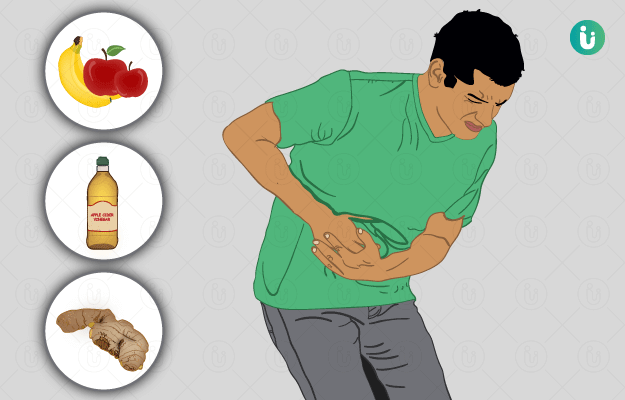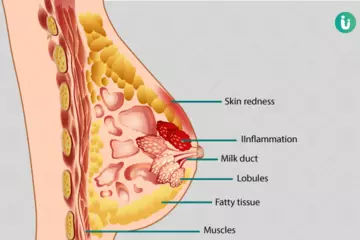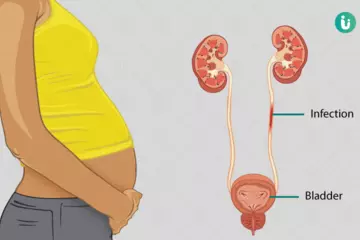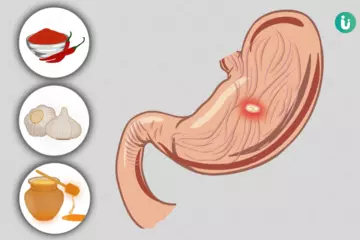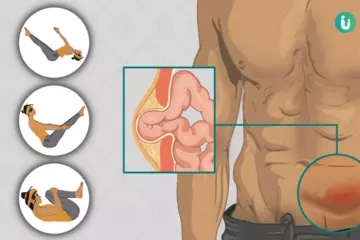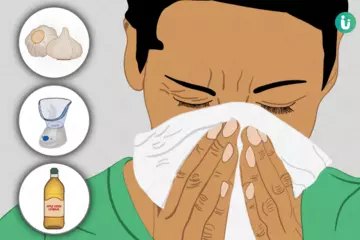Summary
Diarrhoea, commonly known as loose or watery stools, is a symptom of a digestive tract disorder. A person is said to have diarrhoea, if he/she passes three or more (or more than usual) liquid or watery stools in a day. Annually, there are approximately 1.7 billion cases of childhood diarrhoea worldwide. Hence, childhood diarrhoea is a major cause of malnutrition in children under the age of 5 years. In India, diarrhoea is the third leading cause of mortality in children, accounting for 300,000 deaths annually (13% of total deaths in children of the same age group). Acute diarrhoea is commonly caused by viruses, bacteria, and parasites. Diarrhoea causing infection usually spreads by drinking contaminated water and improper handling of foods. Thus, poor personal and environmental hygiene play an important role in the spread of infection. Severe cases of diarrhoea can cause rapid loss of water and electrolytes resulting in dehydration. Therefore, if not treated on time, severe diarrhoea can be life-threatening. In HIV-positive children with diarrhoea, the survival rate is poor with the death rate being almost eleven times higher than HIV-negative children affected with diarrhoea. Advances in vaccine therapy (rotavirus vaccination), breastfeeding, improved sanitation and hygiene help in lowering the incidence of childhood diarrhoea.

 Doctors for Diarrhoea (Loose Motions)
Doctors for Diarrhoea (Loose Motions)  OTC Medicines for Diarrhoea (Loose Motions)
OTC Medicines for Diarrhoea (Loose Motions)
 Lab tests for Diarrhoea (Loose Motions)
Lab tests for Diarrhoea (Loose Motions) Diarrhoea (Loose Motions) articles
Diarrhoea (Loose Motions) articles
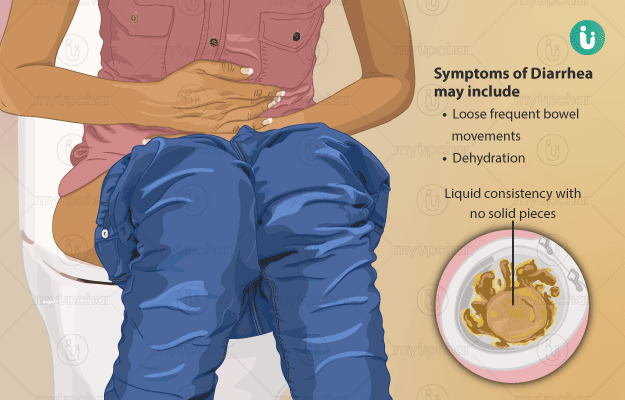
 Ayurvedic Treatment of Diarrhoea (Loose Motions)
Ayurvedic Treatment of Diarrhoea (Loose Motions)
 Home Remedies for Diarrhoea (Loose Motions)
Home Remedies for Diarrhoea (Loose Motions)
 Homeopathic Treatment of Diarrhoea (Loose Motions)
Homeopathic Treatment of Diarrhoea (Loose Motions)



































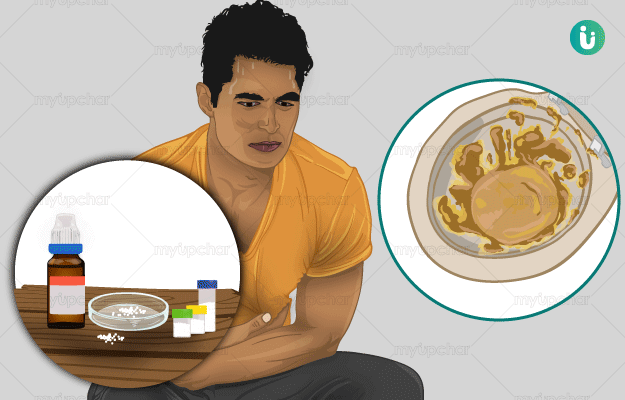
 Dr. Rachita Narsaria
Dr. Rachita Narsaria
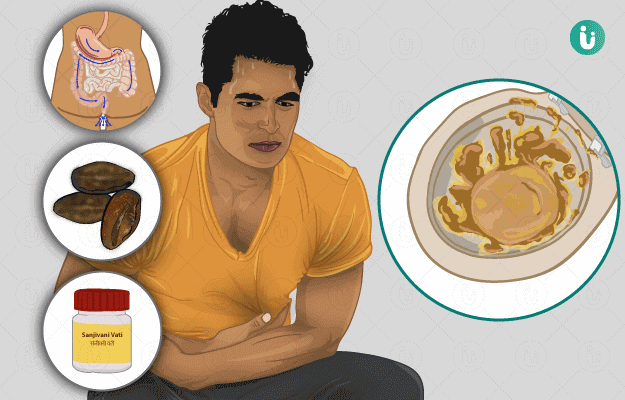
 Dr. Laxmidutta Shukla
Dr. Laxmidutta Shukla
